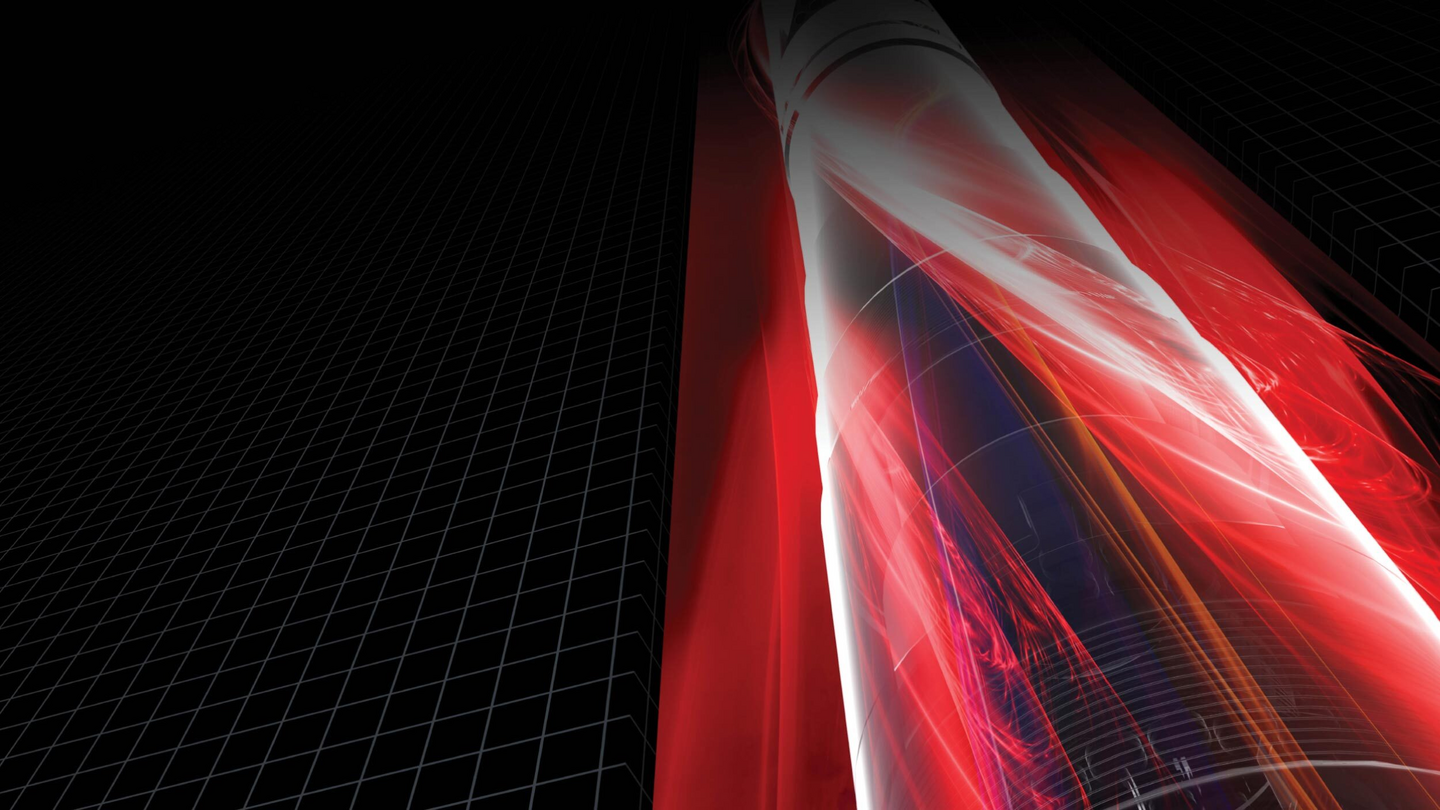 Search
Search
 Search
Search

Customized drilling fluid helps increase efficiency, reduce safety exposure, and lower well cost by an estimated USD 600,000
Download PDF
Queensland

Stuck pipe incidents, with regular loss of the drilling coil itself
Drilling operations in Queensland, Australia using coil rigs have historically resulted in stuck pipe incidents, with regular loss of the drilling coil itself. Changing coils prematurely adds cost and time to the operation and, if a replacement coil is not immediately available, can result in having to drill conventionally on pipe, incurring expense. In addition to cost reduction, reducing coil changeout frequency also reduces safety exposure, as a crane lift is involved in the operation.
Santos had suffered four stuck pipe incidents in a three-month period and, as a pioneer in the oil and gas industry, sought a new coil drilling strategy going forward to deliver better solid control and drilling fluid optimization. It was important to keep mud weight and low-gravity solids (LGS) to a minimum in returned drilling fluids, because reactive solids can reach as high as 30 lb/bbl equivalent. The growth of bacteria was another concern, since bacterial contamination can cause rapid degradation of filtration control polymers in the fluid, and fluid loss above the recommended limits. And finally, fluid storage and treatment would have to be provided between wells in the mobile mud plant (MMP).
Halliburton Baroid collaborated with Santos to develop an engineered solution to address coil drilling problems with respect to stuck pipe and high retrieval or replacement costs. The joint team decided to add a de-watering unit to the treatment site, which would flocculate out all colloidal solids and, thus, reduce density of the base fluid to start drilling. Baroid contributed its expertise to customize the drilling fluid formulation, by adding pH stabilizers, biocides, and a combination of various polymers for optimum fluid loss results.
The new approach successfully returned all fluids to the rig with LGS lower than 1 percent by volume and lower density. This led to reduced ECD, increased rate of penetration (ROP), less reservoir impairment, and higher utilization of mud processed in the MMP. Furthermore, filtration properties were brought back to the programmed range, minimizing the tendency for differential sticking. This also led to a stable pH at 9.5-10.0, less wear and tear on the rig equipment, and an overall easier to handle mud system. With these efficiency improvements, Santos will be able to deliver two extra wells a year for each coil drilling rig, maximizing asset value.
